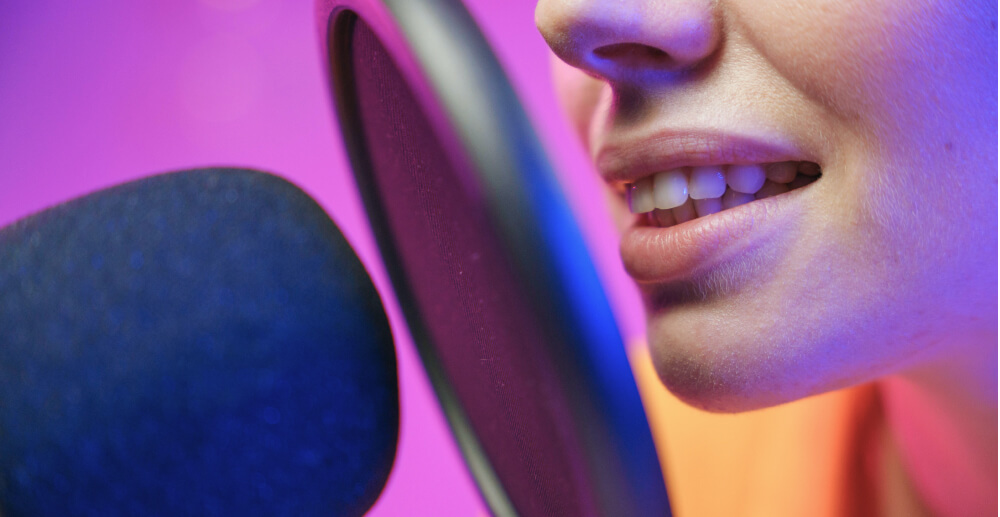Powerful Steps to Help Your Recovery Process
Changing addictive behavior takes work, time, and—most of all—patience. The struggle does eventually dissipate, and your new life turns into a day-to-day routine again, but until it does, you have to remember to take it one day at a time. Fortunately, it doesn’t have to be all pain before you gain. To find happiness in the recovery process, take a moment to recommit to these simple but powerful steps.
Invest in your people.
Meaningful connections with others are essential to happiness. Building a strong group of people who you can count on and who count on you comes naturally to some and takes more effort for others, but it’s key you make it a priority. Start small—try setting a tangible goal like one phone call or even a text to someone you care about each week. Not only will it help you to have someone who knows what’s going on in your life regularly, but consistent communication will likely be appreciated on their end as well.
Remember: it’s about quality, not quantity. Having a large number of friends doesn’t make a difference. What does matter is the quality of the friendships that you have with people, and that these friendships make you happy and feel safe.
Give back.
Community service can do a world of good for your wellbeing. It is particularly important in the realms of feeling connected with others, improving your social network, and boosting your self-esteem. Make it a priority to find a way to regularly give to others without expecting a particular reward for it.
Partake in local recovery support groups or pursue volunteer opportunities that meet your skills and interests. Not quite ready yet? Start with a simple expression of thanks to those who have been supportive in your life and journey.
Practice optimism and gratitude.
Optimism and gratitude are colossal parts of a secure, happy, addiction-free lifestyle. They boost our resiliency so we can roll with the punches and the ups and downs that recovery and life inevitably dole out. Optimistic people manage to find opportunities even in difficult situations. They may mourn or grieve losses, but they don’t lose hope or predict a negative future.
Studies show that optimistic thinking can help you feel better mentally and physically. So how do you get there? If you find yourself struggling with maintaining a positive mindset, it can help to talk it over with friends, in support groups, or with mental health professionals.
Delve into hobbies.
Find an activity that you can dive into with both feet, and commit to it regularly. It may be a creative outlet like pottery, drawing, or knitting, or something more physically engaging like bicycling or yoga. Whatever it is, it should be something that is an enjoyable challenge to you—something you can work at and seek to master. It should be something that when you do it, you can get into the groove and experience the joy of “flow.” Flow is best understood as that sense that you’ve totally lost track of time and even a sense of yourself.
For example, if you like pottery, it’s like the universe has shrunk down to the clay, the wheel and your hands. Time vanishes, and you are totally in the moment. Afterward, you may feel joyful, relaxed or exhilarated, and you’ll likely be amazed at how much time went by. Experiencing flow is a key component of happiness. Doing something challenging that makes you so happy that you don’t even think of it as a chore is truly wonderful. Stumped as to where you can catch the flow? It can help to write down all the things you enjoyed doing as a child and go from there.
Get physical.
Humans are meant to get a move on! Movement is a natural requirement for our health and happiness, and is especially important as you eliminate addictive behaviors, many of which wreak havoc on our bodies. Don’t feel ready to work up a sweat? It’s okay to start small! Even the slightest increase in movement to your life will add up to big progress. Find 10 minutes to sweep the floor or do some other form of physical housework, or take a brisk walk around the block. If you’re the type of person who finds motivation from group activity, than you’re in the right era. In most areas it’s easy to find a huge array of different group activities via the internet; we’ve found everything from Quidditch to rugby to yoga!
Integrating the above will give you a leg up on happiness throughout your journey and life in general. Remember that changing addictive behavior does not come without its trials and tribulations. Some days will be easier than others, but ultimately, you’ll reap exponentially more from the process and results than you’ll sacrifice. Take it one day at a time, and appreciate yourself for working towards a new lease on life! It doesn’t matter who you were, it matters who you are becoming and will become. You can find a sense of personal pride and happiness in recovery!
Related Resources:
-
Hobbies & Social Events: Meetup
-
Local & Online Support Groups: Mental Health America




